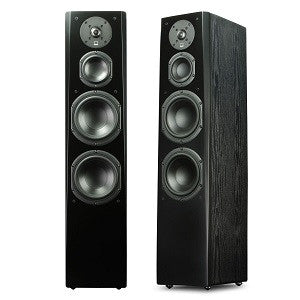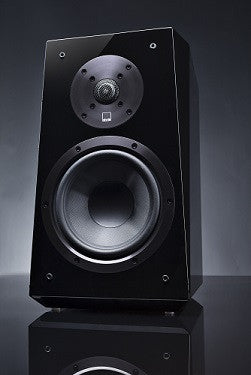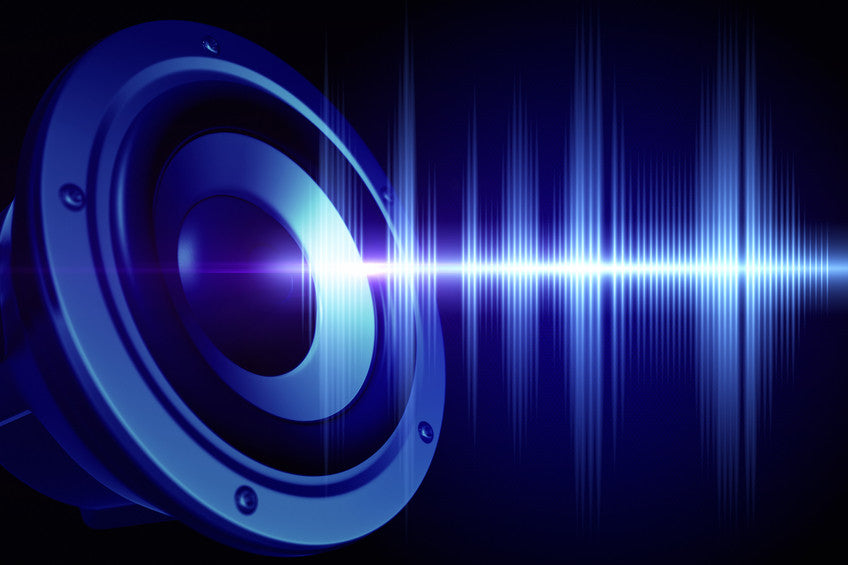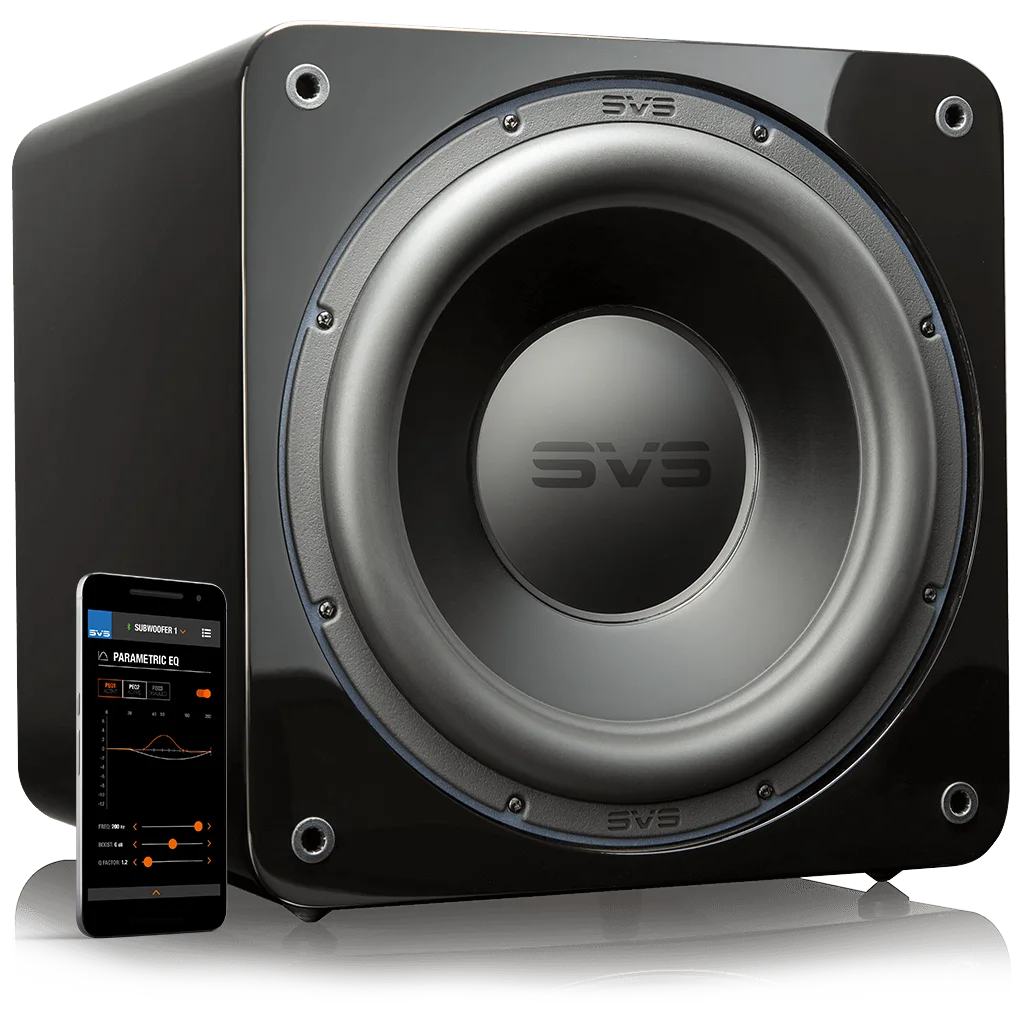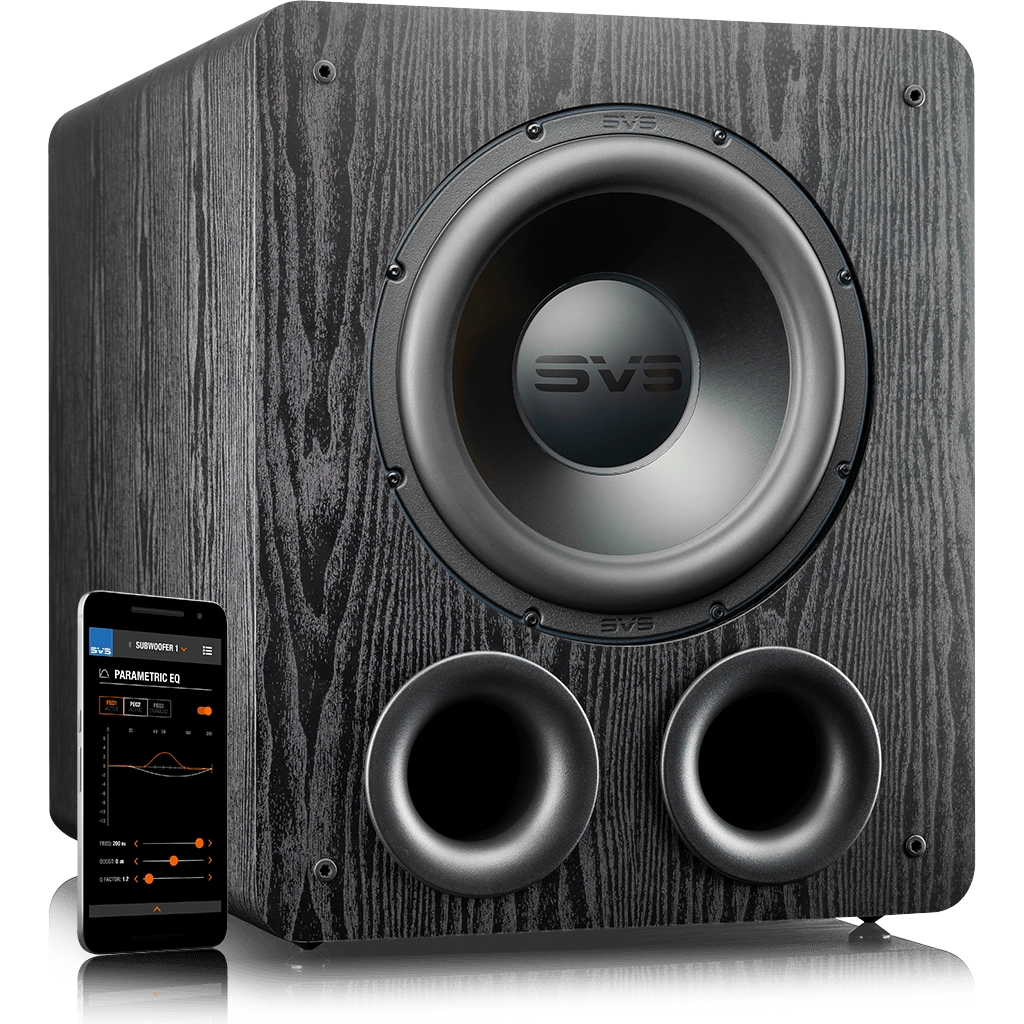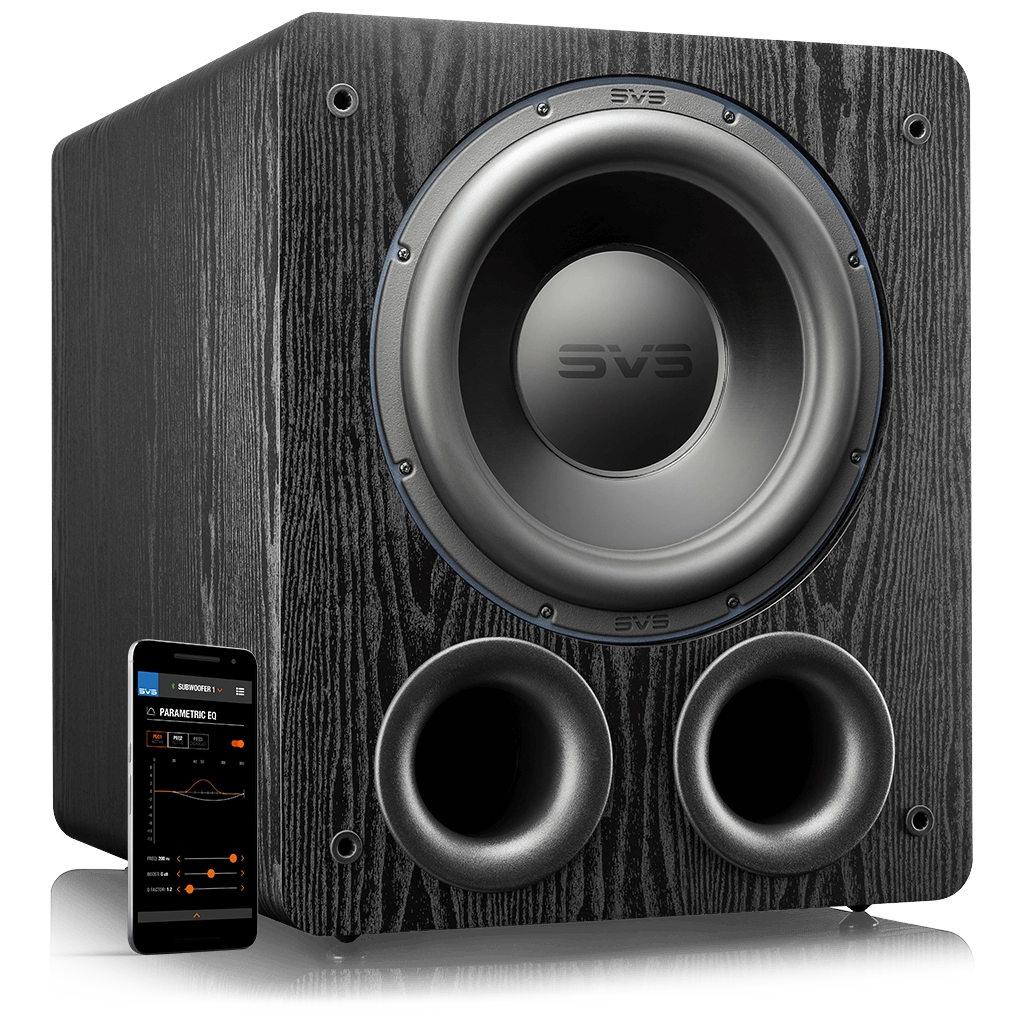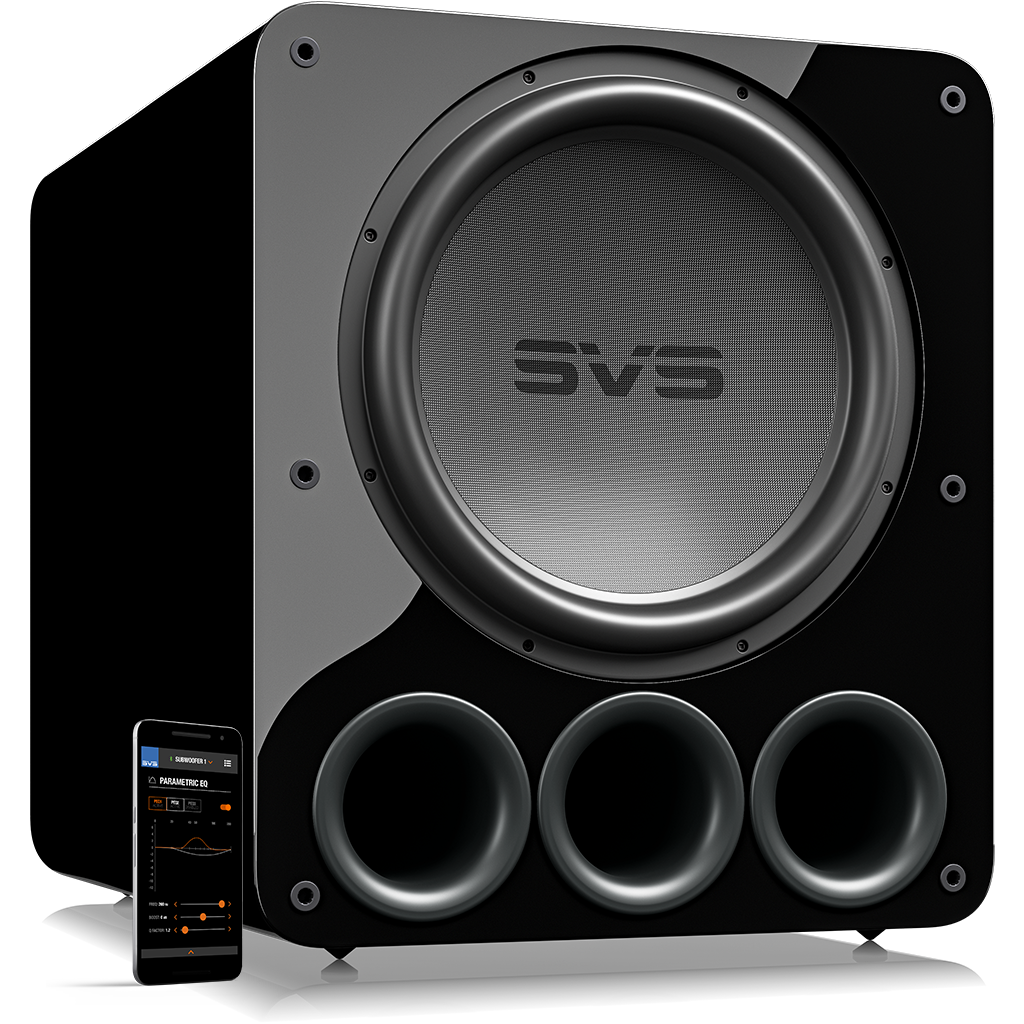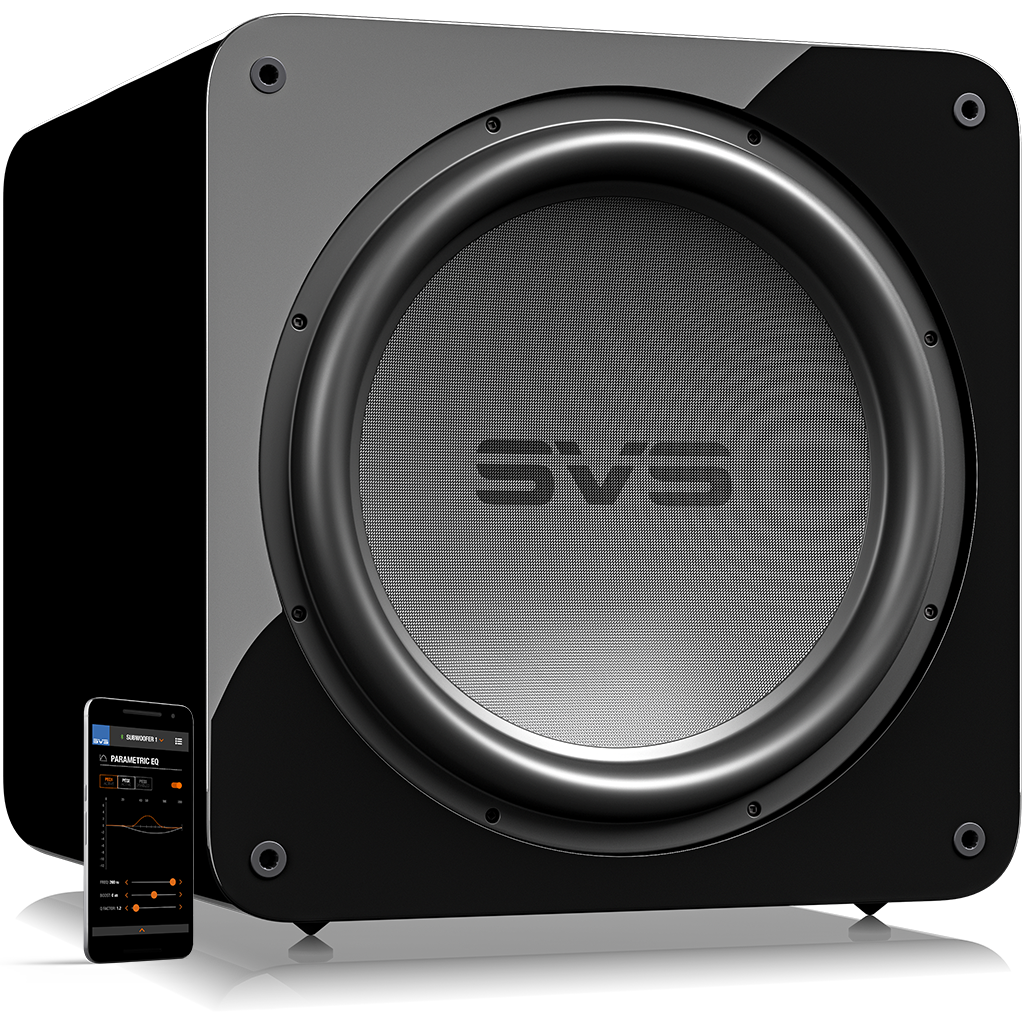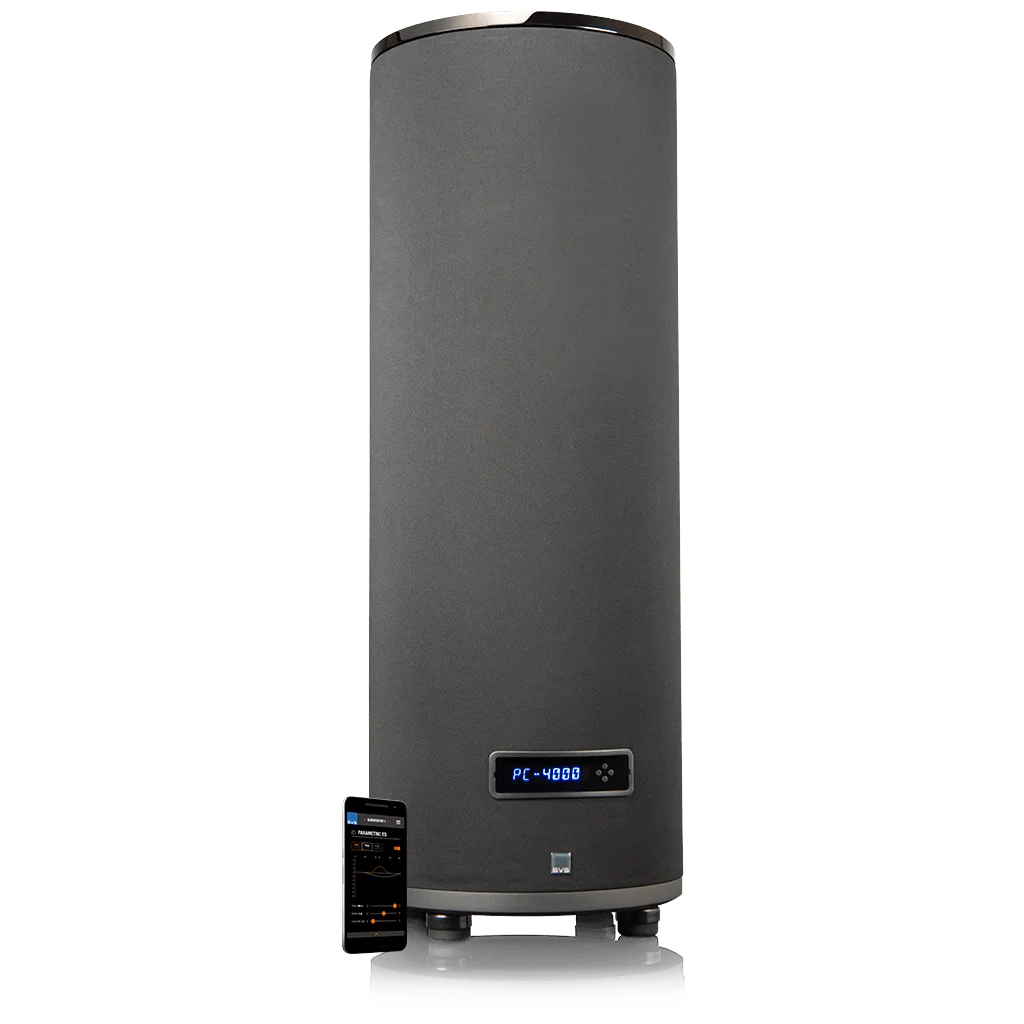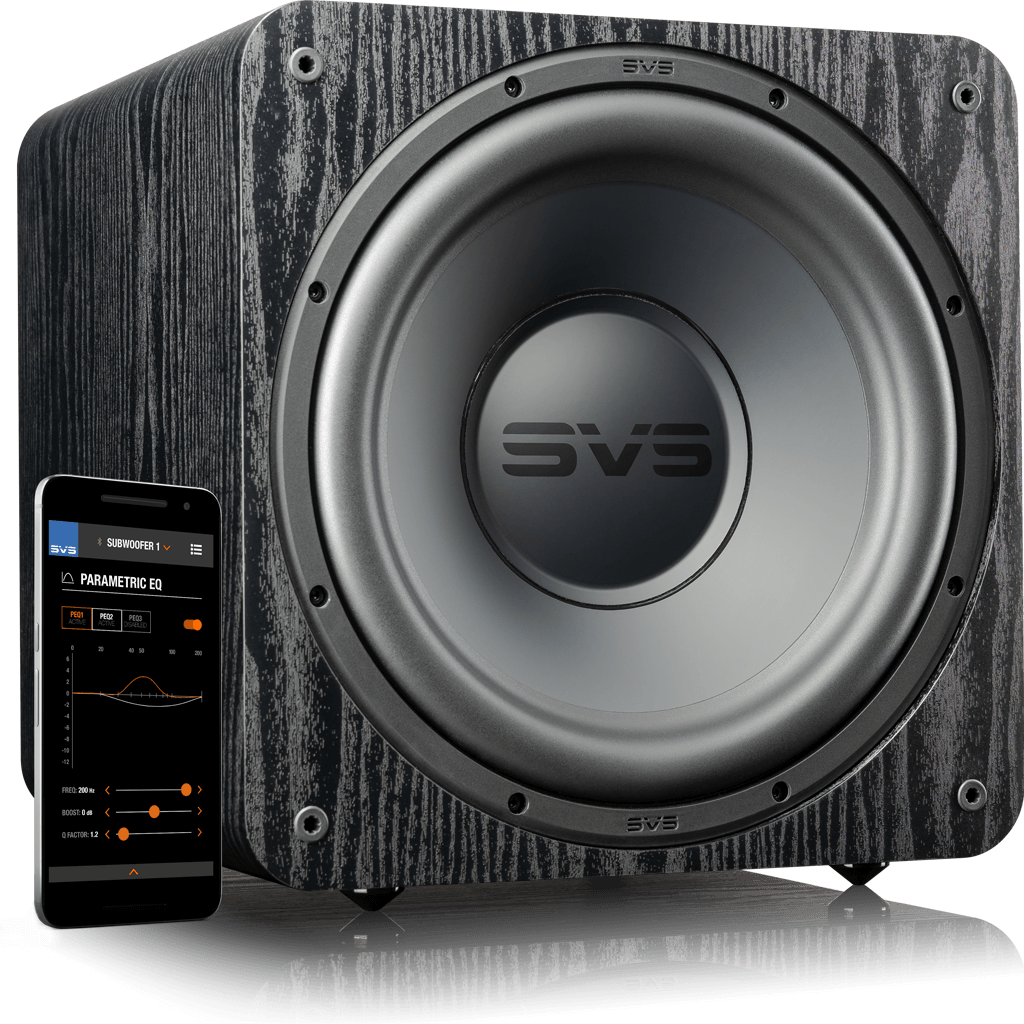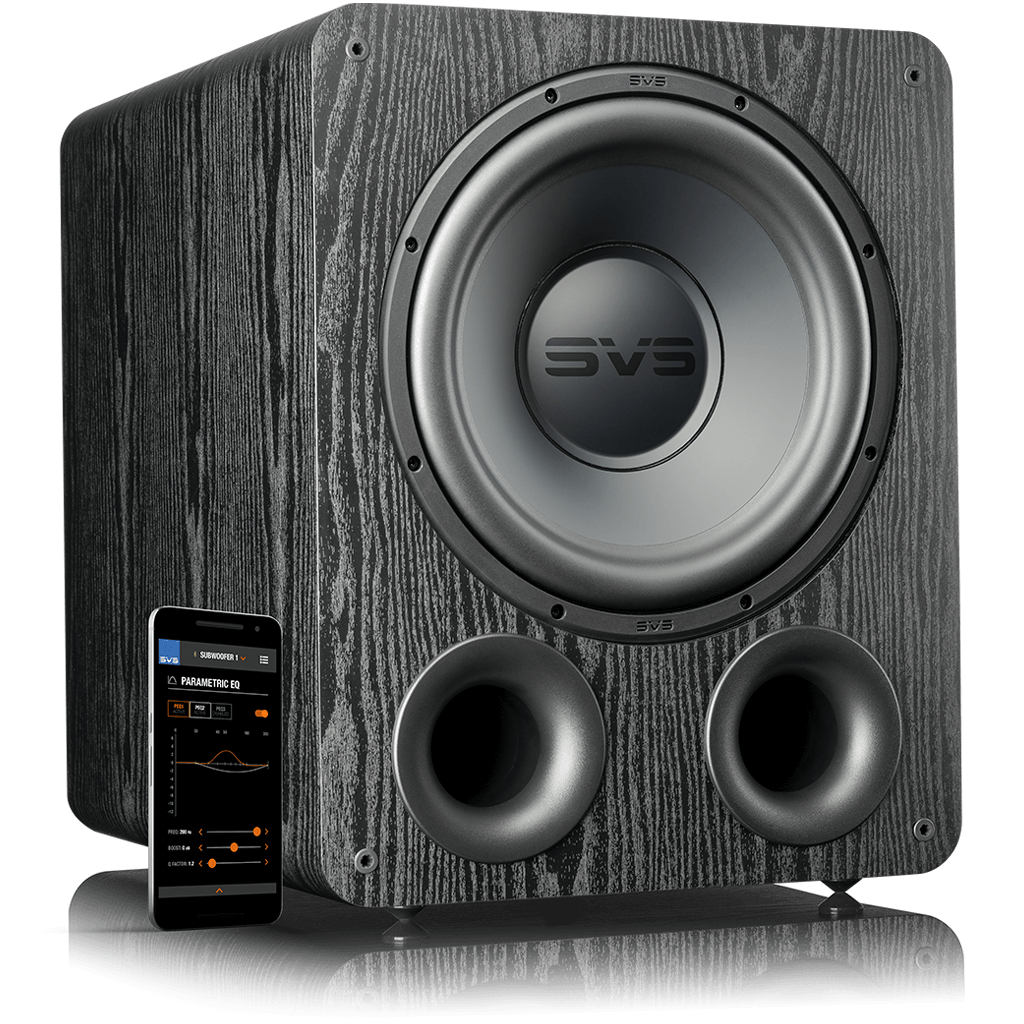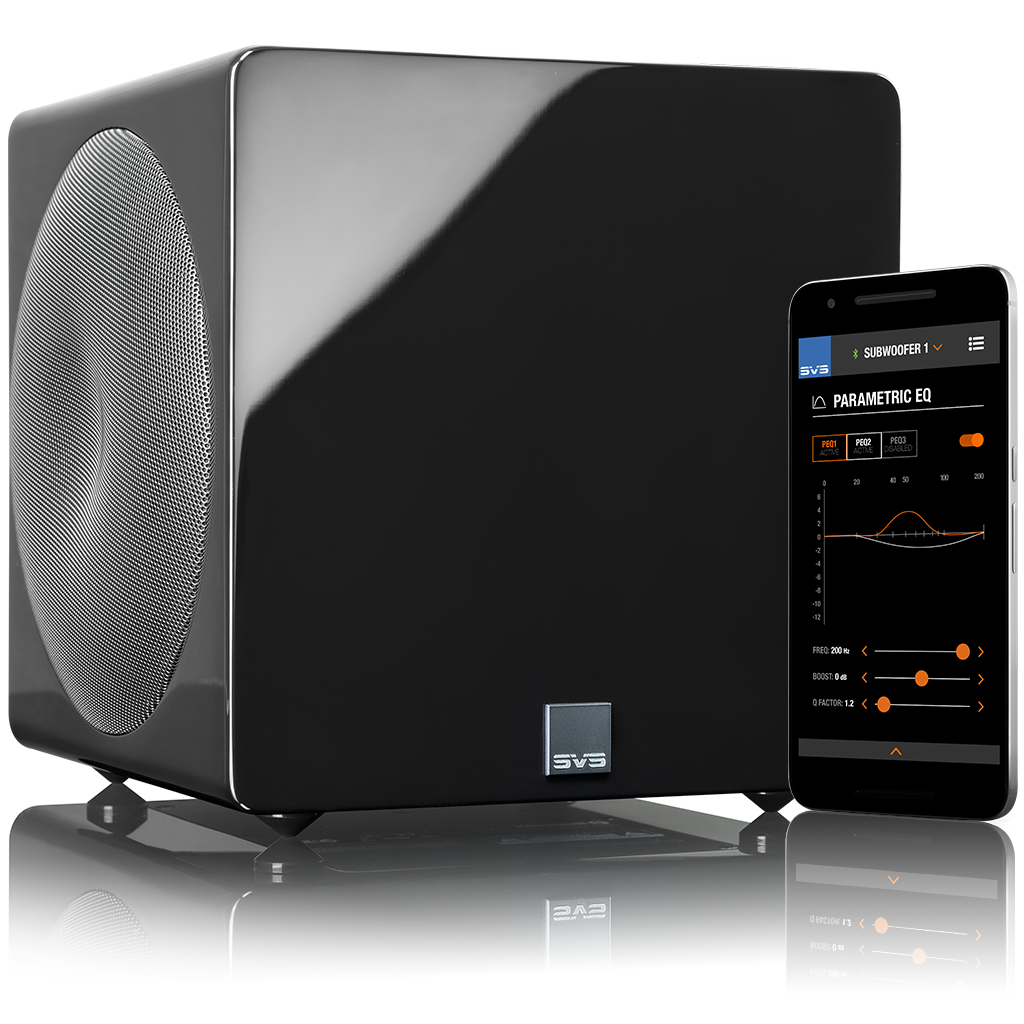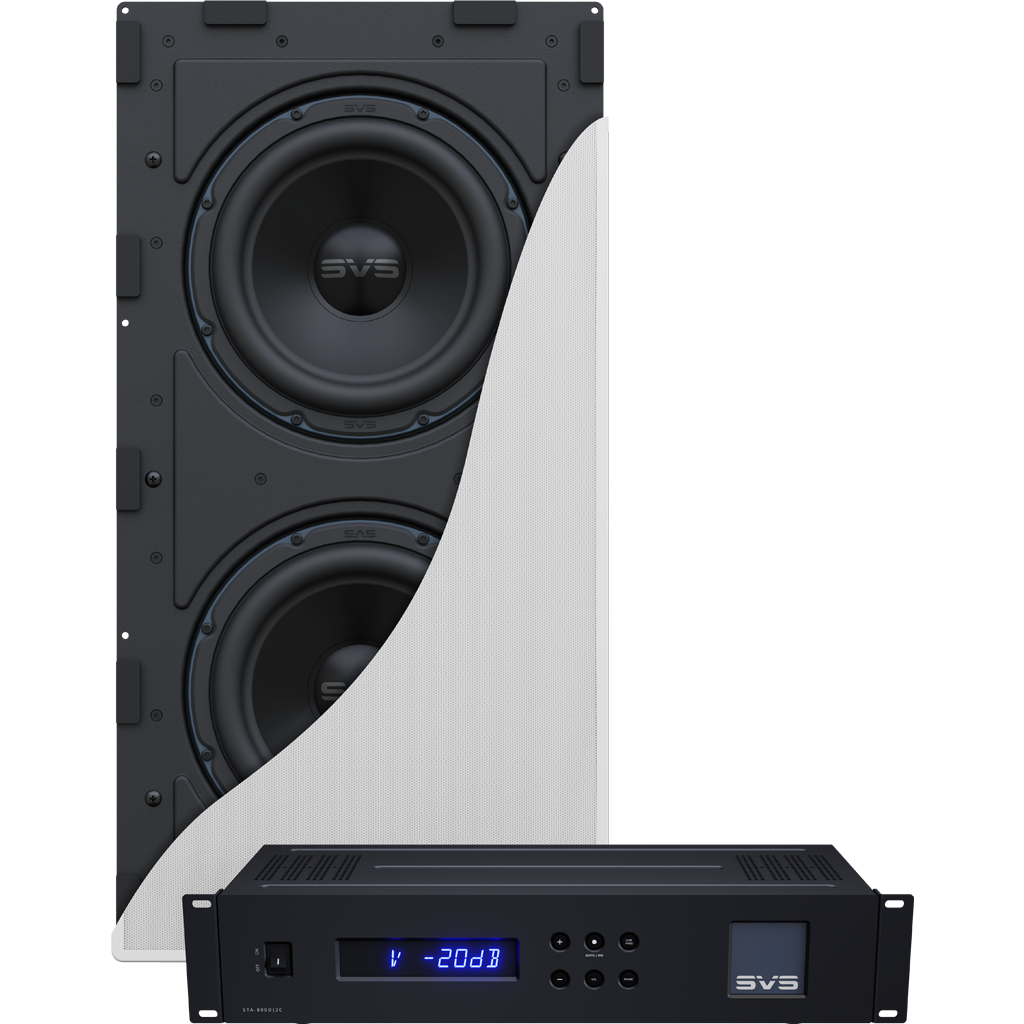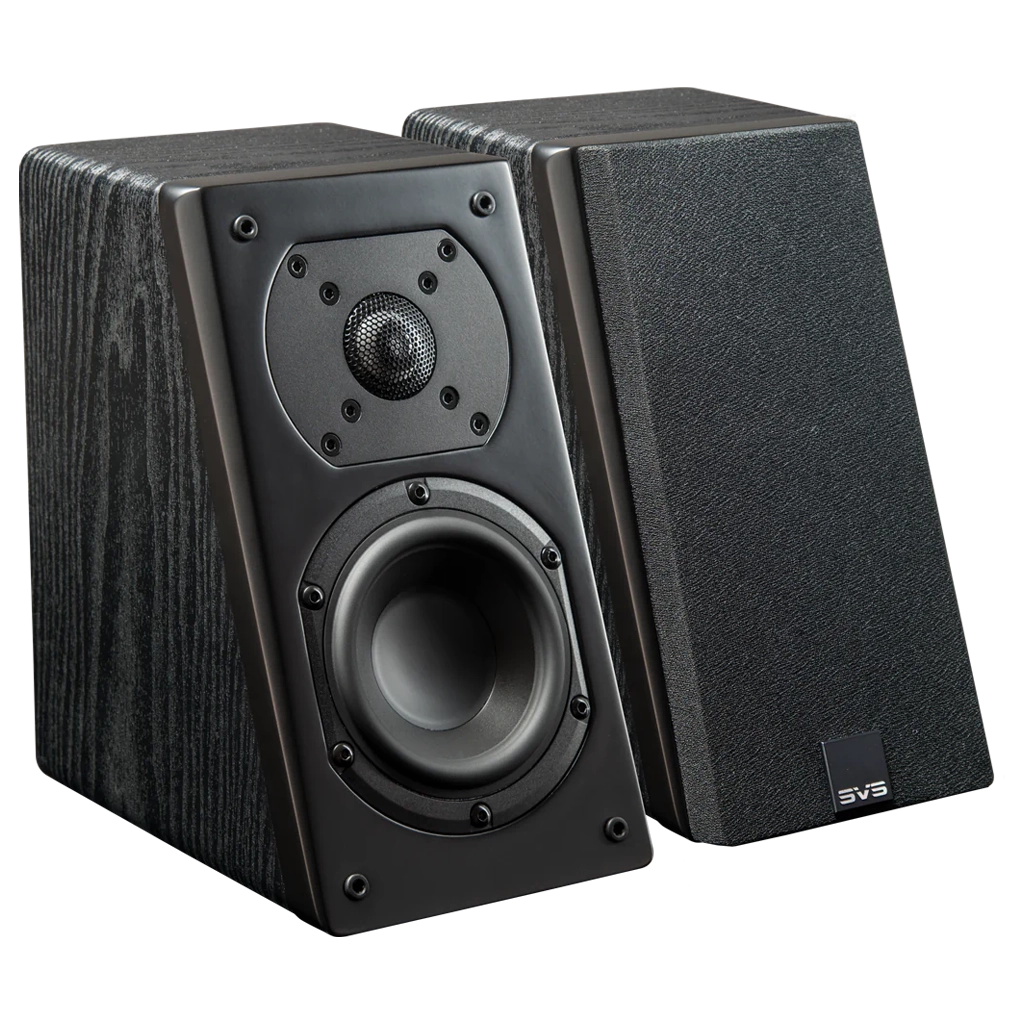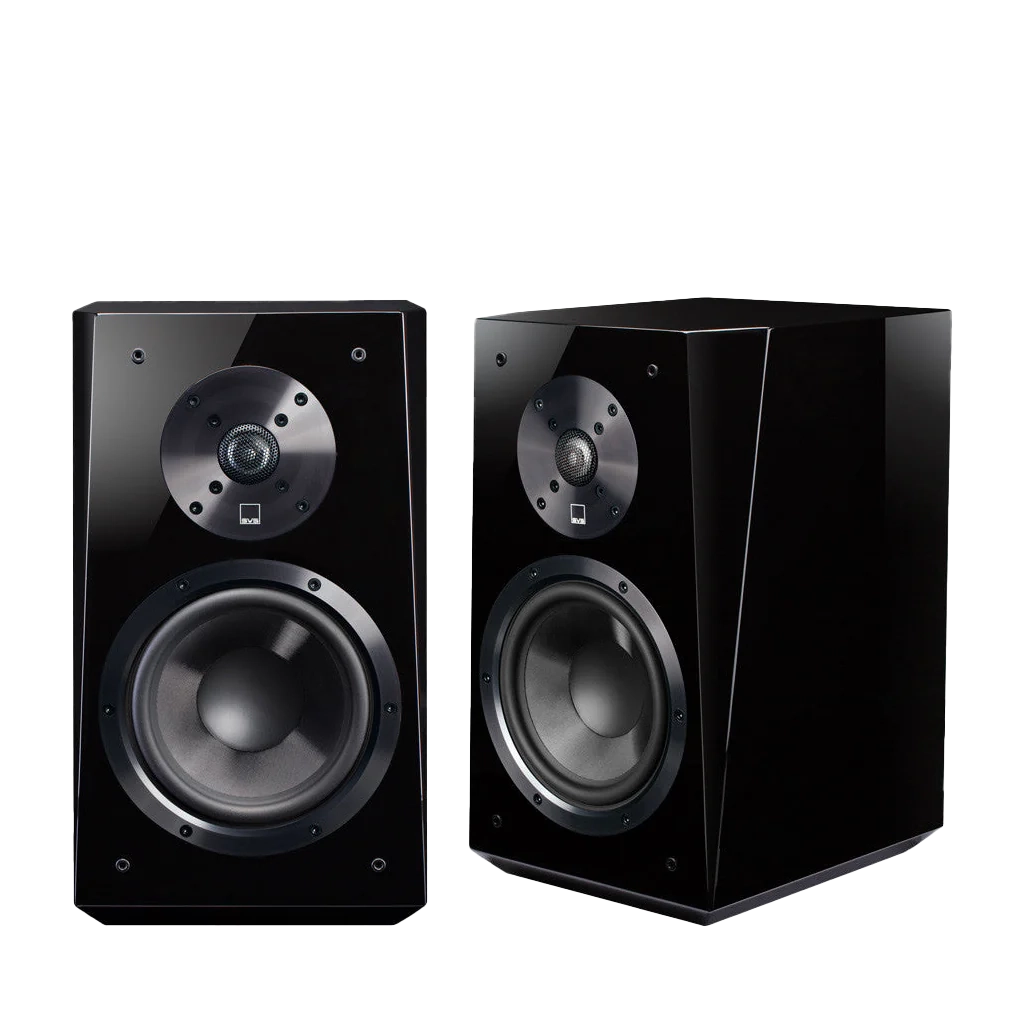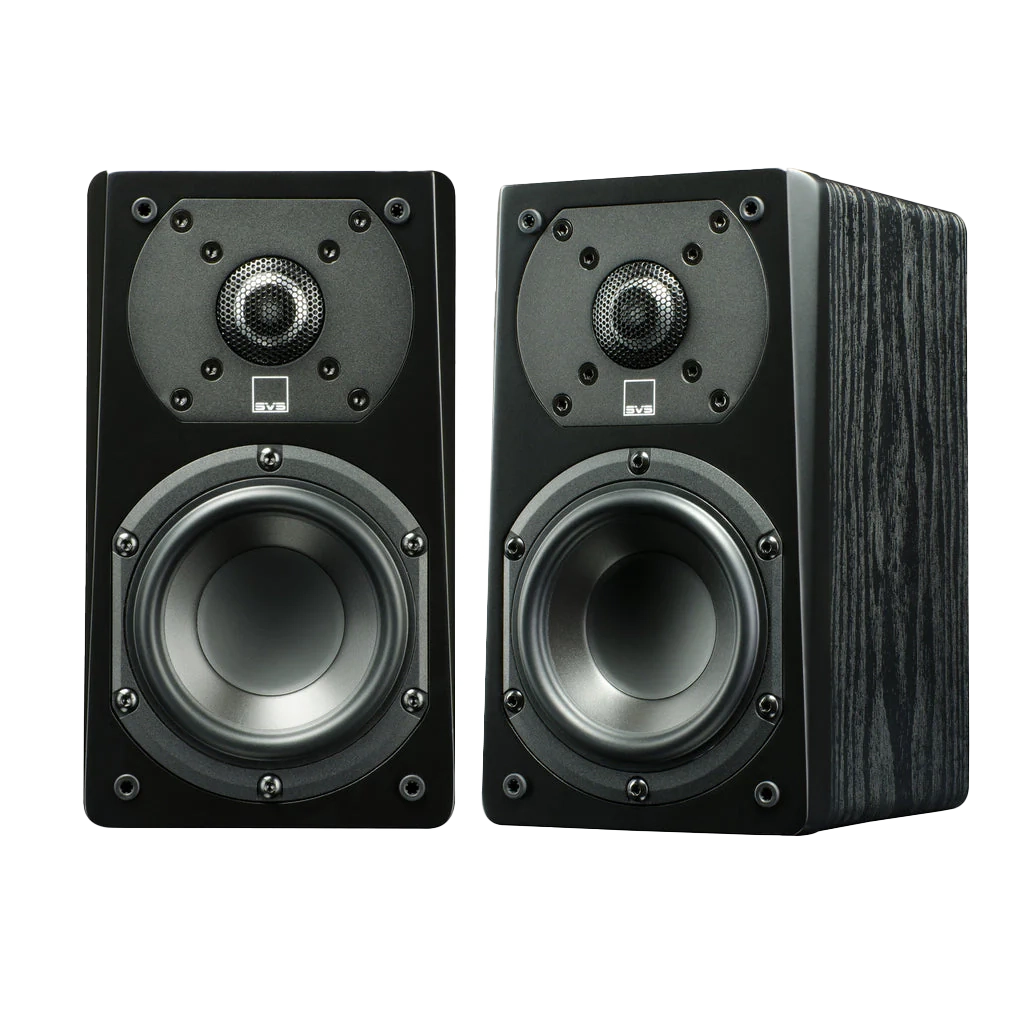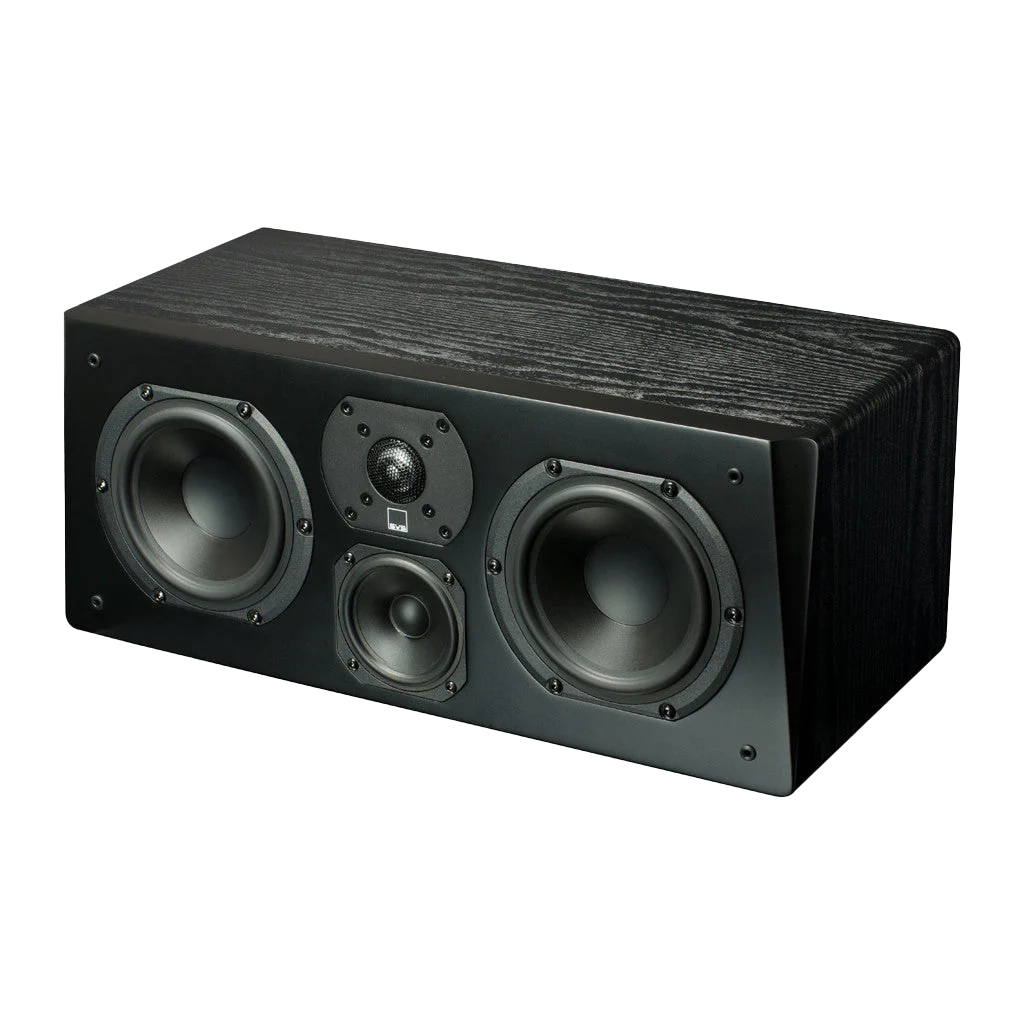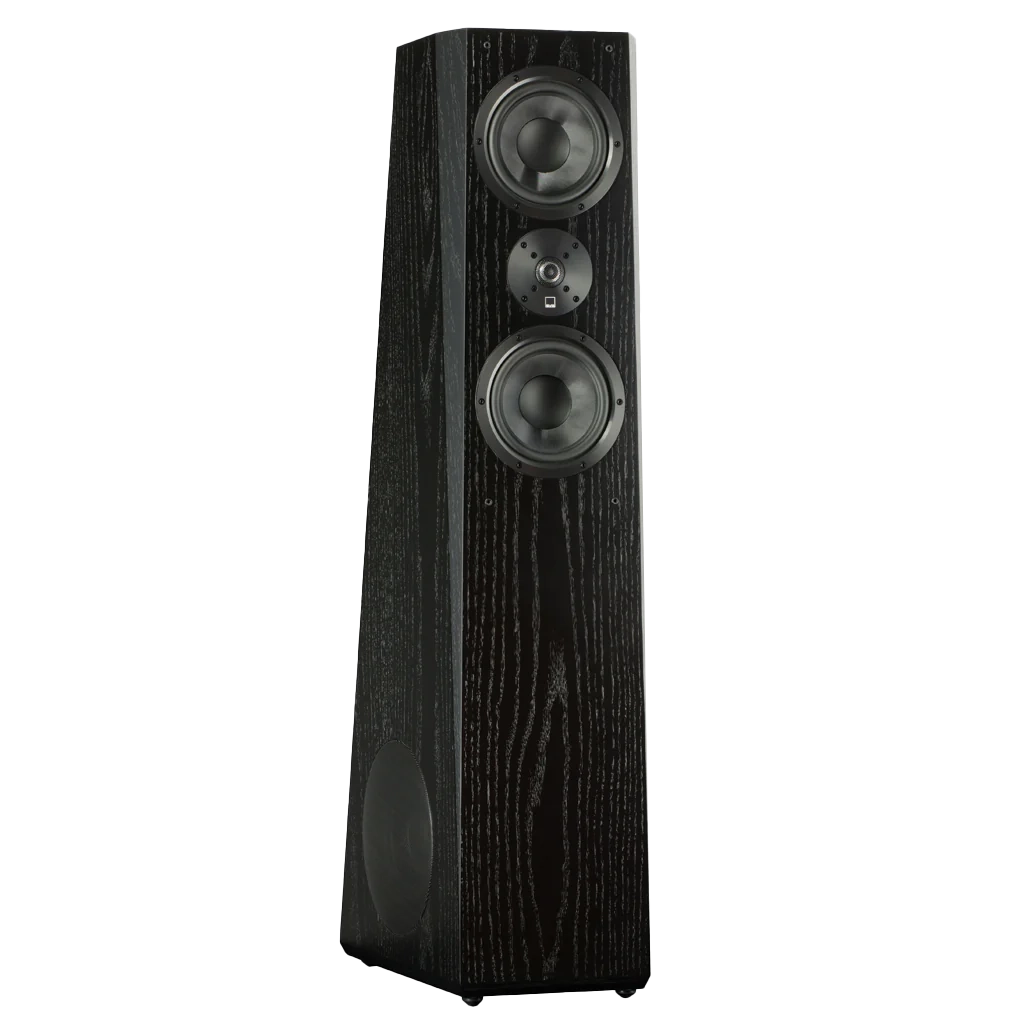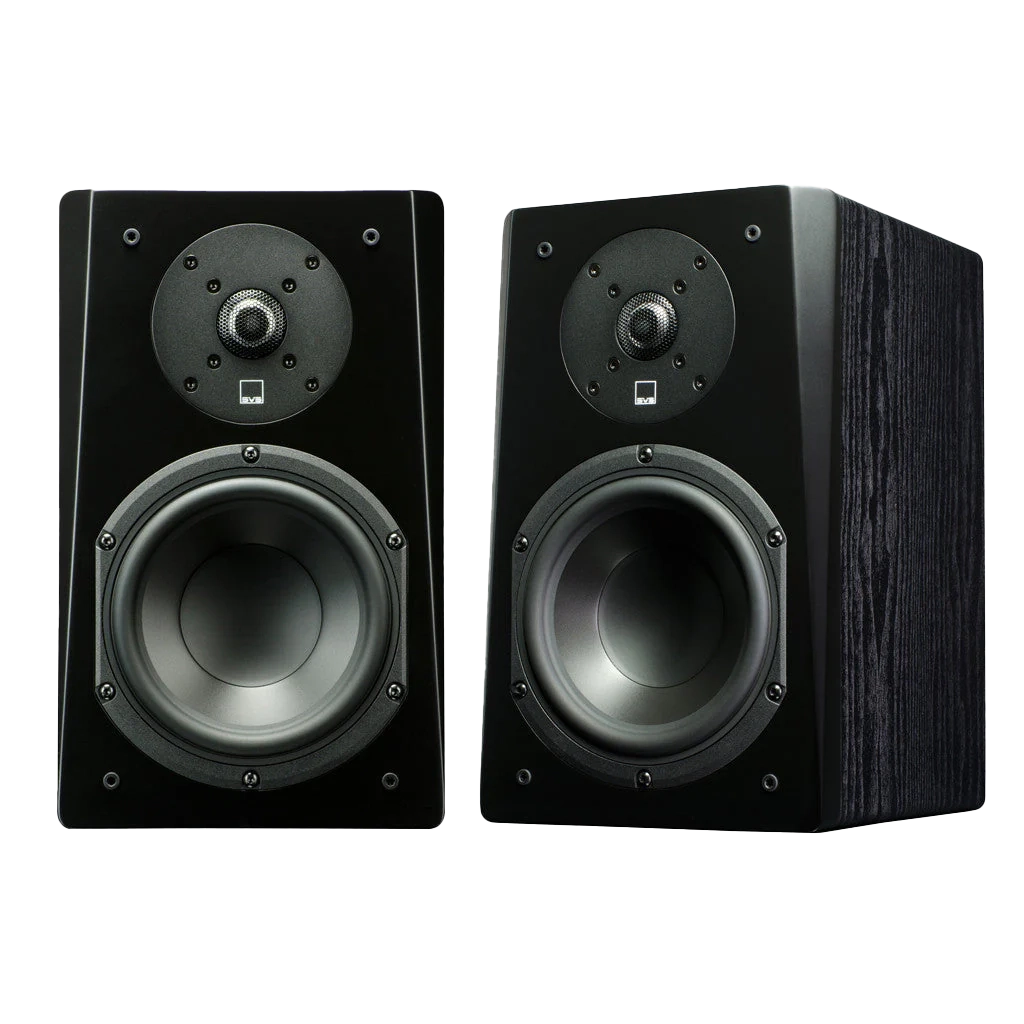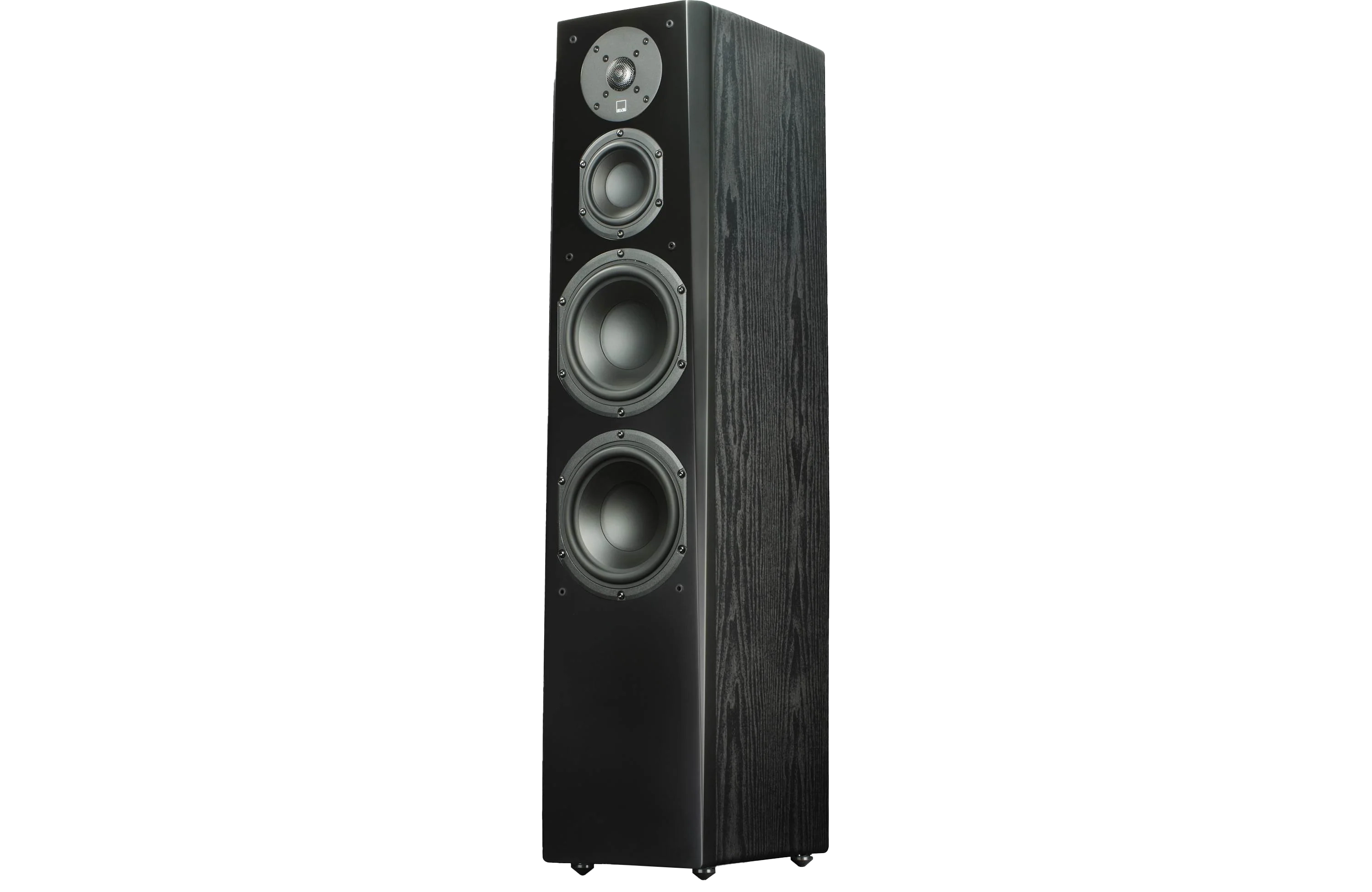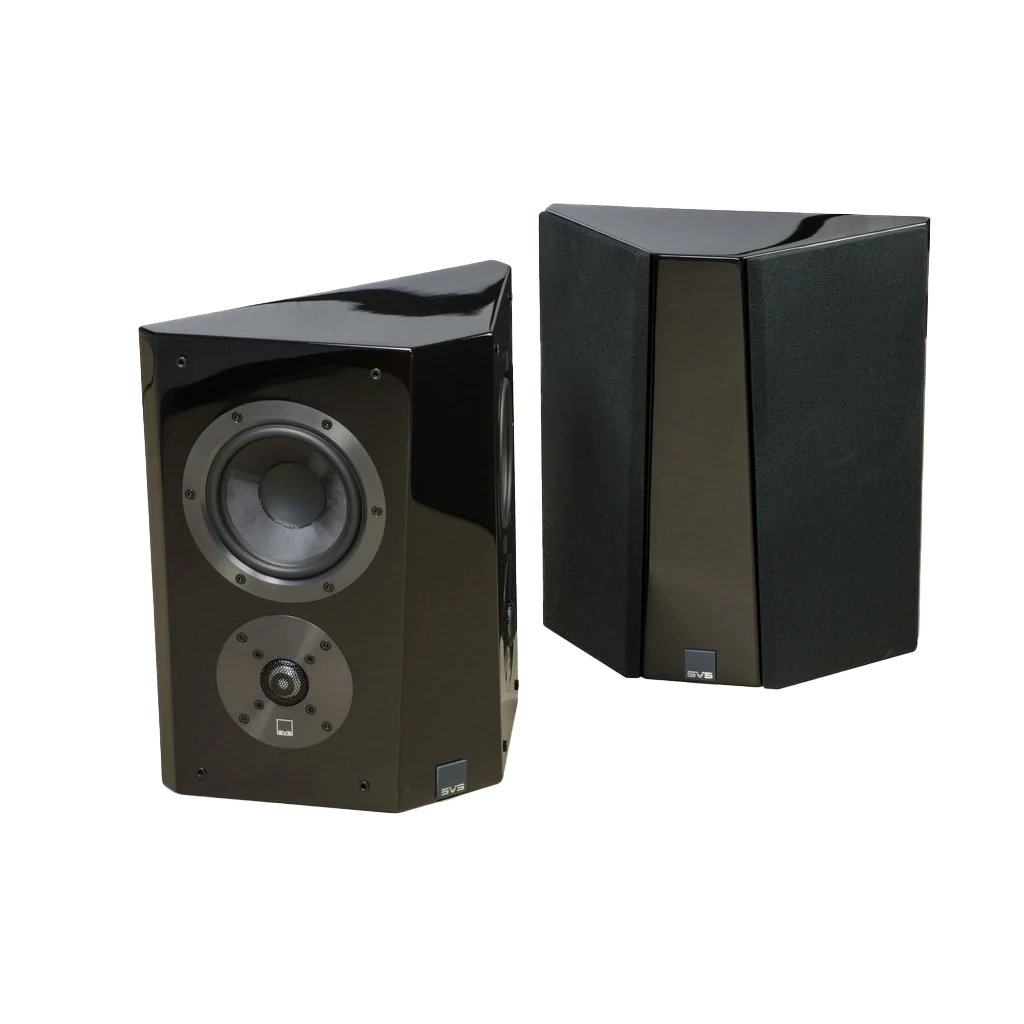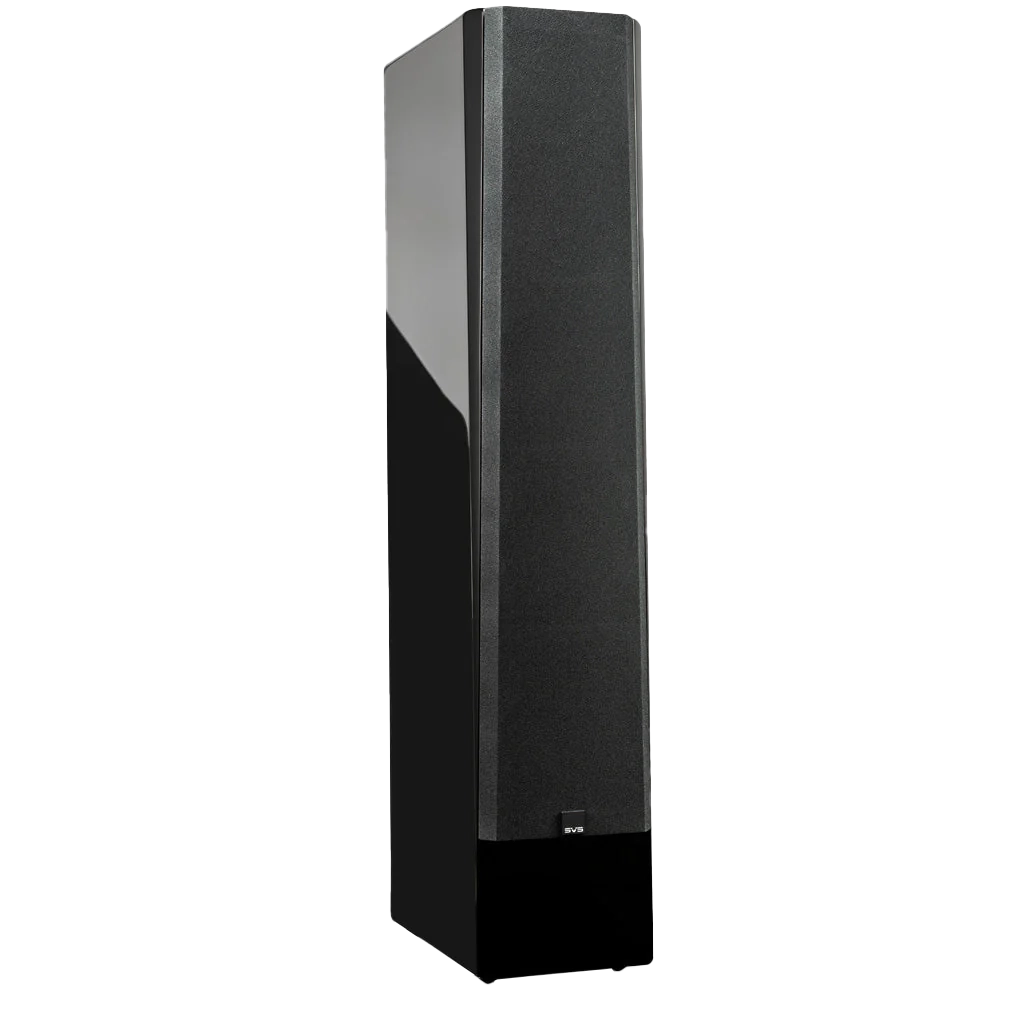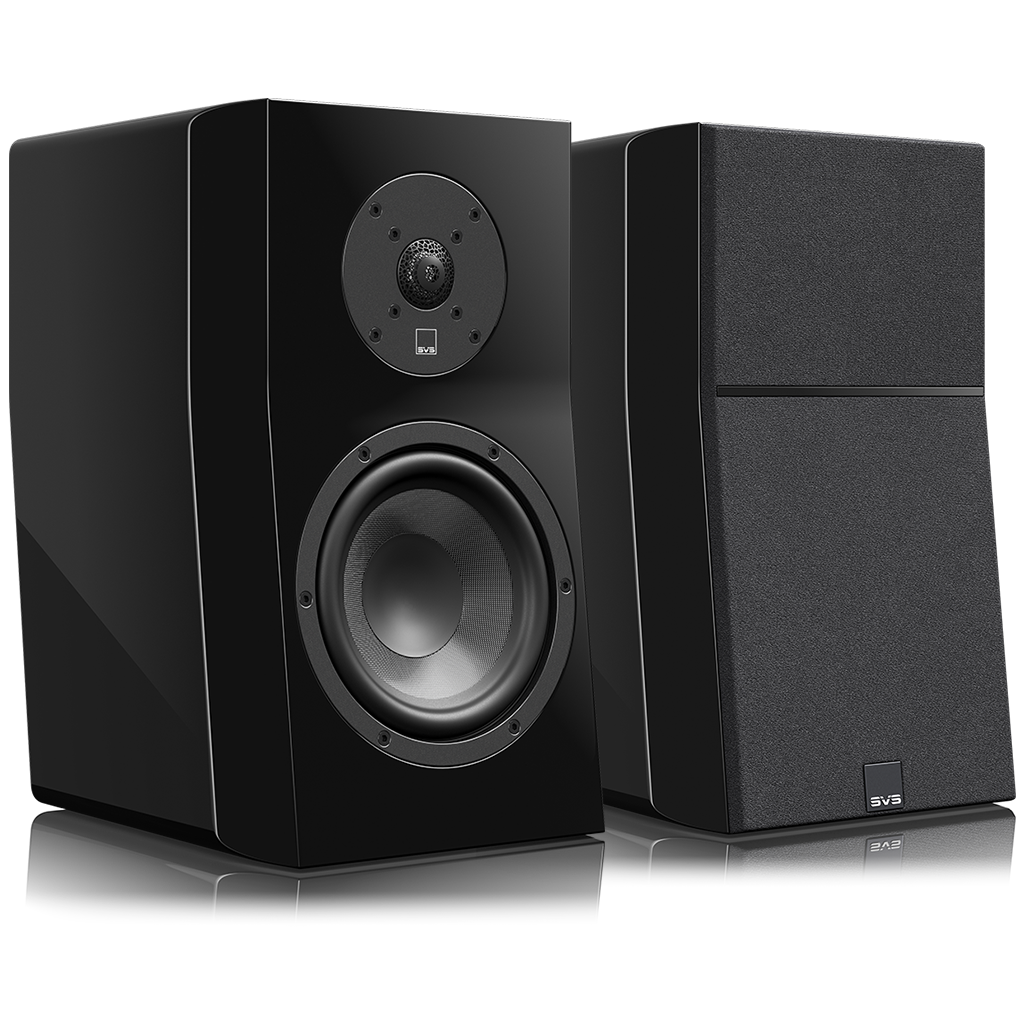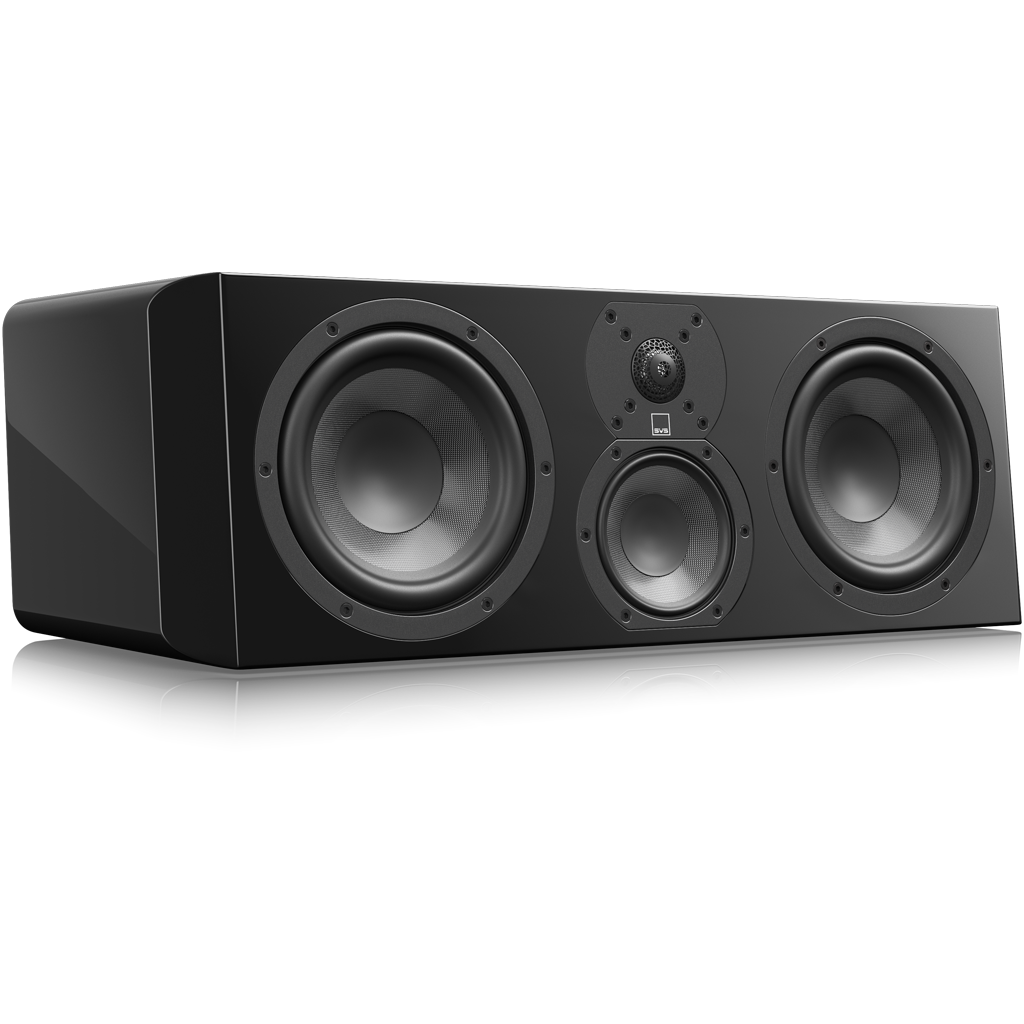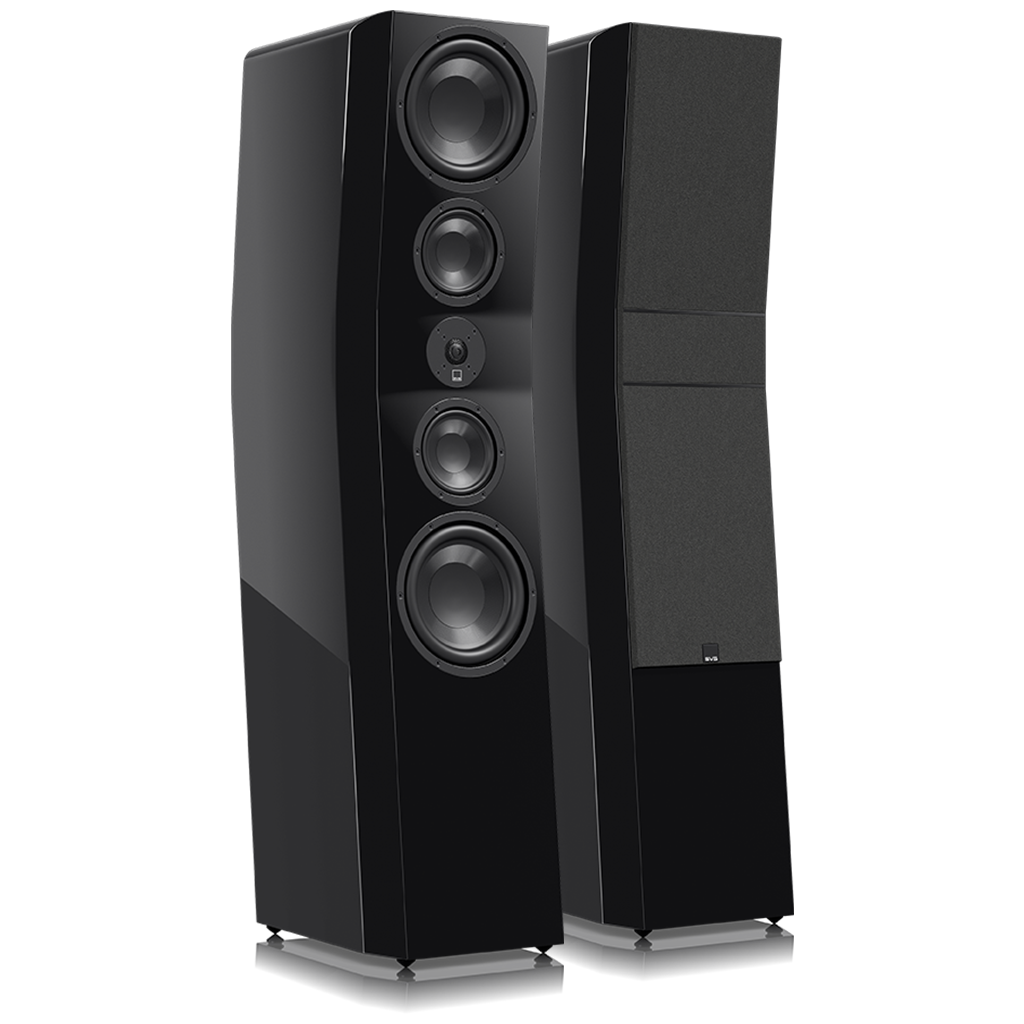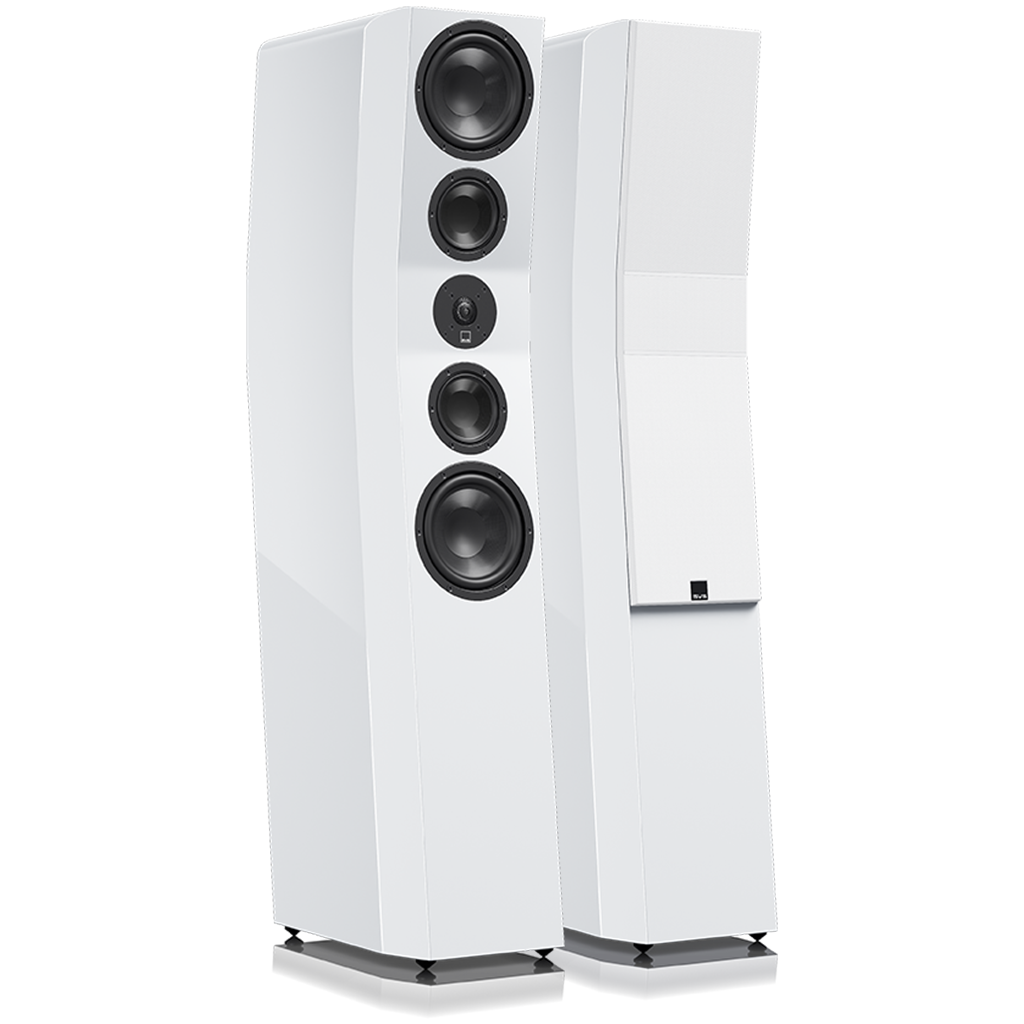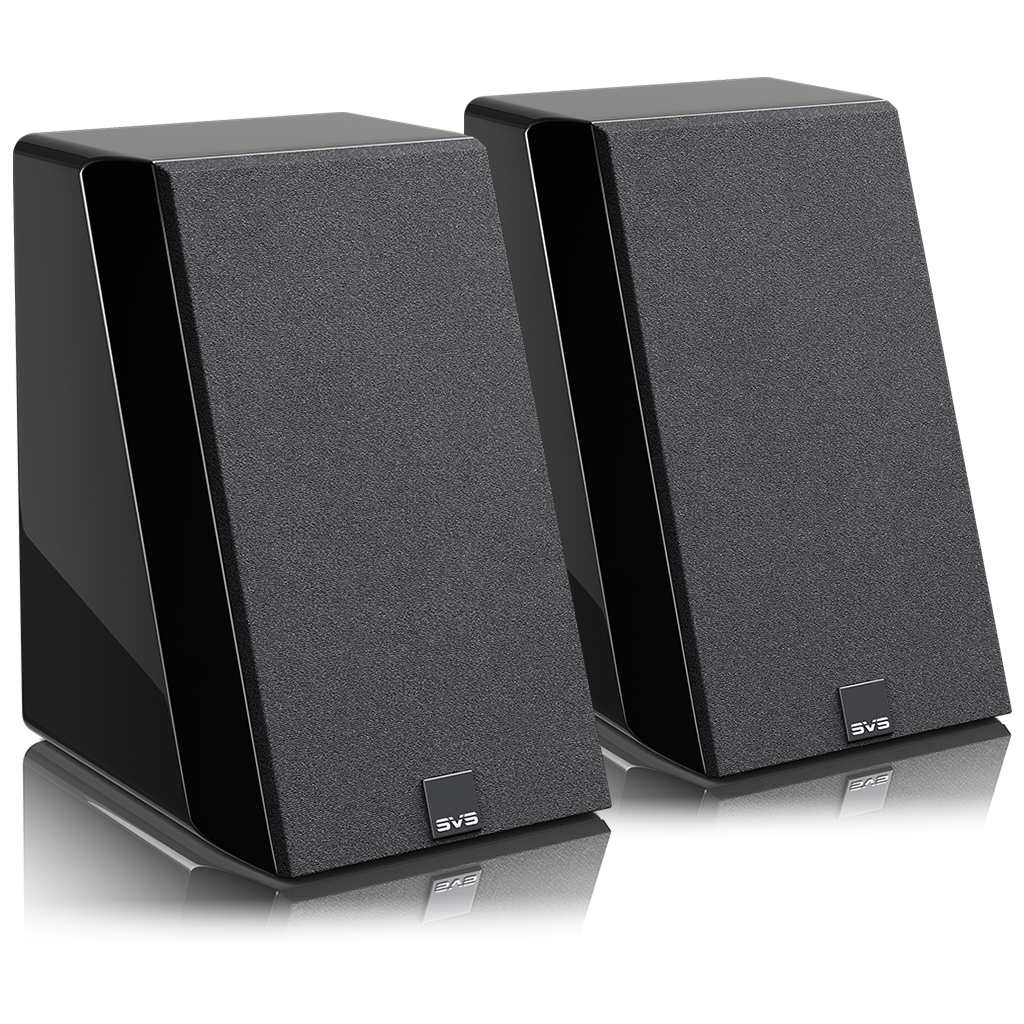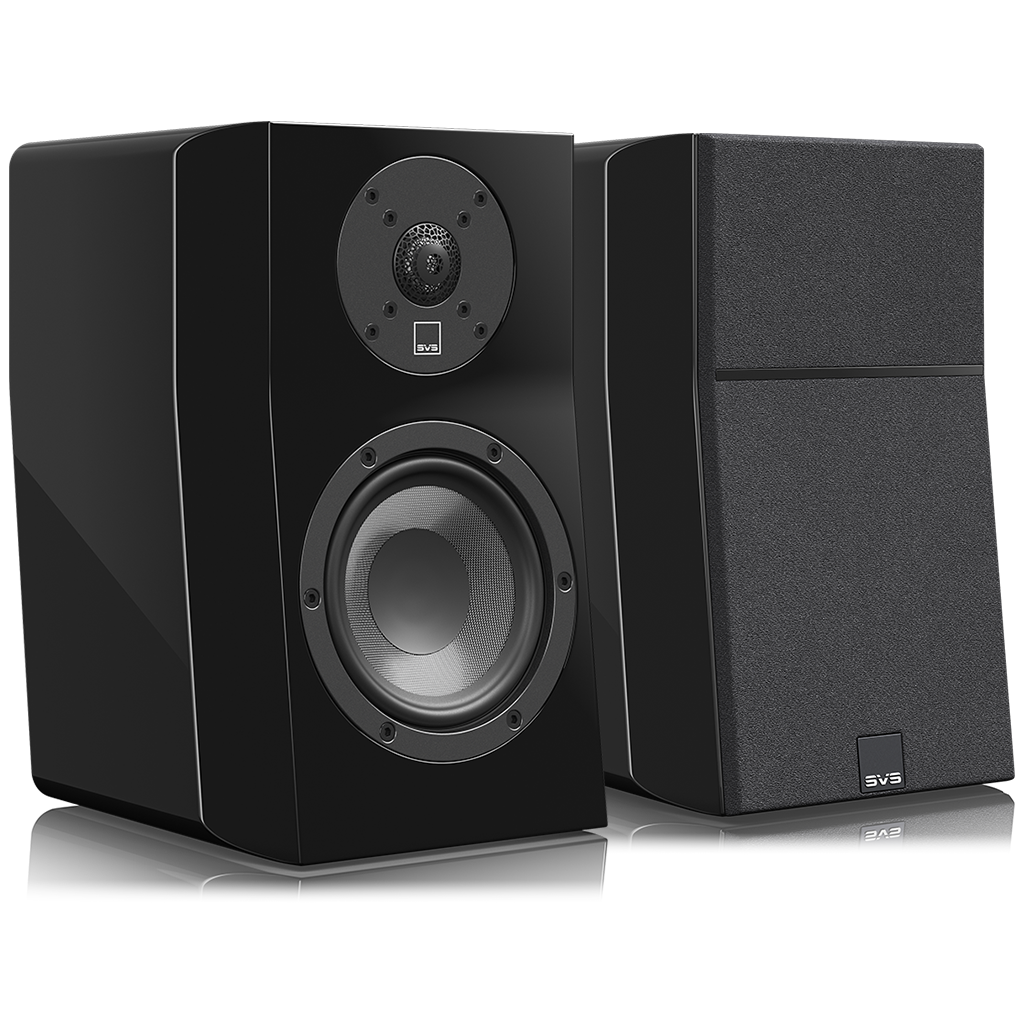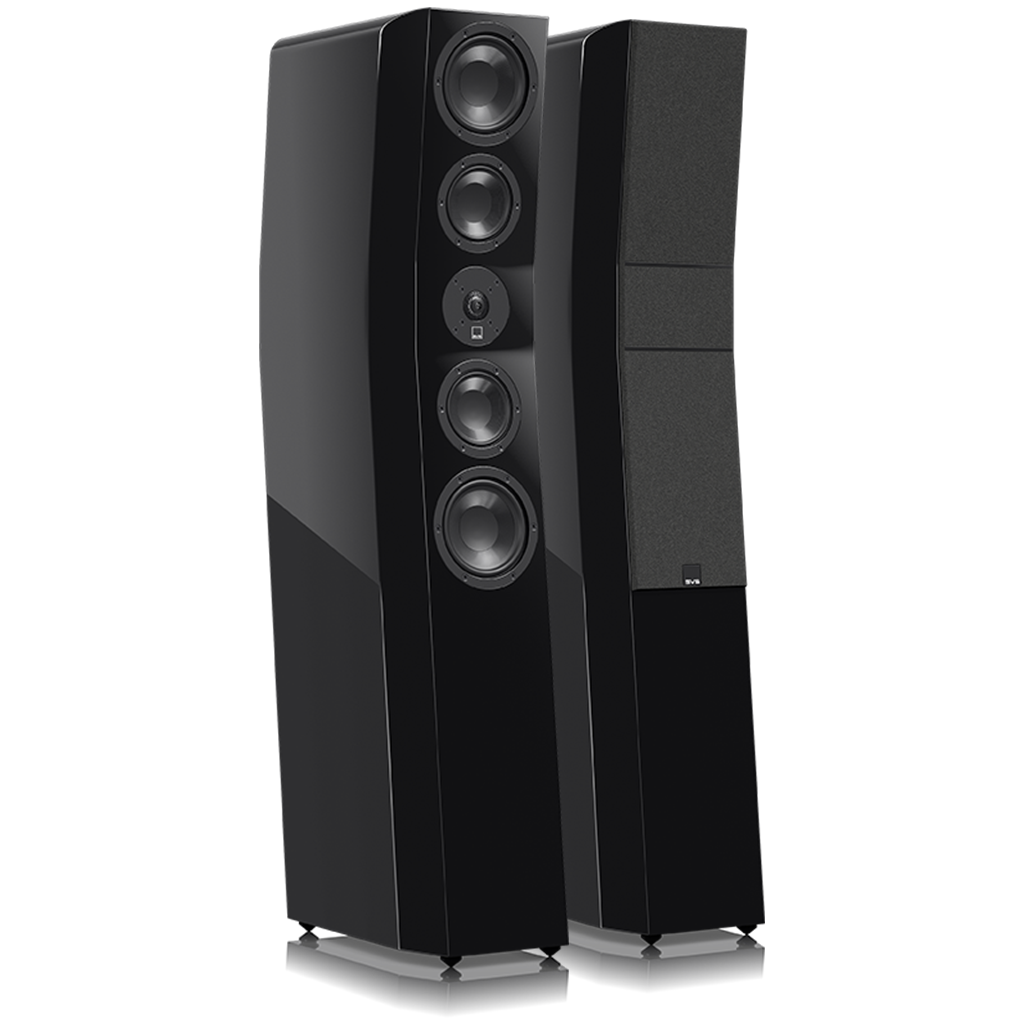Shop Related Products
SB-3000
Most popular sealed subwoofer for unrivaled performance at its size and price.
Sale price
$1,850.00
Regular price
$1,850.00
Unit price
/
per
4.9
(559) 559 total reviews
Finish Options
Premium Black Ash
Piano Gloss Black
View Specs
- Driver 13"
- Freq. Response 18-270Hz ±3 dB
- Dimension 15.6" (H) 15.2" (W) 17.8" (D)
PB-2000 Pro
Most acclaimed ported subwoofer for unrivaled output, extension, and refinement at its price and beyond.
Sale price
$1,850.00
Regular price
$1,850.00
Unit price
/
per
4.9
(242) 242 total reviews
Finish Options
Premium Black Ash
View Specs
- Driver 12"
- Freq. Response 16Hz to 290Hz +/-3dB (standard mode)
- Freq. Response 17Hz to 290Hz +/-3dB (sealed mode)
- Dimension 20.9" (H) 17.3" (W) 23.6" (D)
PB-3000
Deep, effortless bass below 16Hz. Pressurizes any space with room-energizing output for thrilling audio experiences.
Sale price
$2,700.00
Regular price
$2,700.00
Unit price
/
per
5.0
(242) 242 total reviews
Finish Options
Premium Black Ash
View Specs
- Driver 13"
- Freq. Response 16-260 Hz ±3 dB (standard mode)
18-260 Hz ±3 dB (sealed mode) - Dimension 21.9” (H) 18.3” (W) 26” (D)
PB17-Ultra R|Evolution
A quantum leap forward in design with multiple groundbreaking innovations - the most formidable and sophisticated ported subwoofer ever developed.
Sale price
$5,450.00
Regular price
$5,450.00
Unit price
/
per
5
(1) 1 total reviews
Finish Options
Piano Gloss Black
Black Oak Veneer
View Specs
- Driver 17"
- Driver 17"
- Freq. Response 14-220 Hz +/- 3 dB (standard mode)
12-220 Hz +/- 3 dB (extended mode)
14-320 Hz +/- 3 dB (sealed mode) - Dimension 25” H X 21.7” W X 29.3” D
SB17-Ultra R|Evolution
A quantum leap forward in design with multiple groundbreaking innovations - the most formidable and sophisticated sealed subwoofer ever developed.
Sale price
$4,700.00
Regular price
$4,700.00
Unit price
/
per
Finish Options
Piano Gloss Black
Black Oak Veneer
View Specs
- Driver 17"
- Freq. Response 15Hz to 320Hz +/-3dB
- Dimension 20" (H) 19.5" (W) 21.2" (D)
PC-4000
Cylinder cabinet design saves floorspace while delivering deep, accurate bass on par with larger ported box subwoofers.
Sale price
$3,630.00
Regular price
$3,630.00
Unit price
/
per
Finish Options
Piano Gloss Black
View Specs
- Driver 13.5"
- Freq. Response 17-200 Hz ±3 dB (standard mode)
15-200 Hz ±3 dB (extended mode)
16-200 Hz ±3 dB (sealed mode) - Dimension 47" (H) 16.6" (W) 16.6" (D)
- Weight92.4lbs



